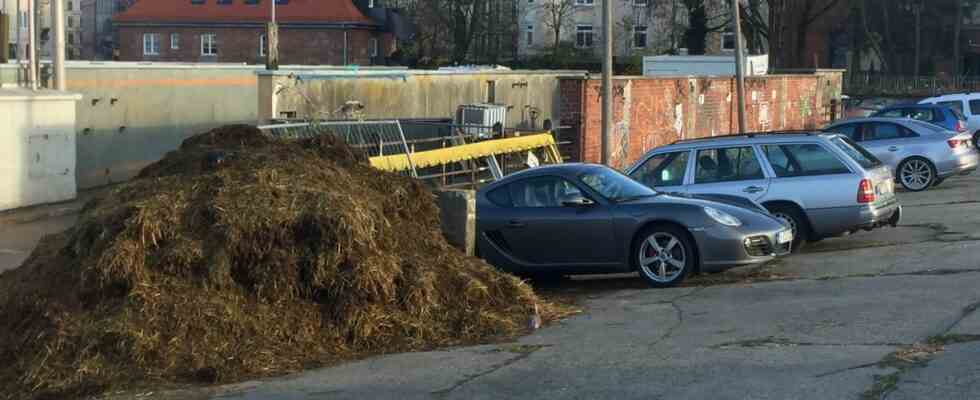The slaughterhouse district smells of cowsheds, in contrast to the cars, the number of tractors is increasing, and traditional costumes are compulsory at the Wiesn. About the ruralization of the Isar metropolis – and where it can be observed.
65 years ago, the former SZ editor-in-chief and publisher Werner Friedmann first described Munich as a “village of millions” – and actually didn’t mean it nicely. At the time, he wrote about the misery of housing, about traffic chaos and school misery. Unfortunately, the people of Munich thought that if the SZ writes about it, it must all be something great. And since then they have made themselves comfortable in their village of millions, including the peculiarities mentioned.
Since then, the ruralization of Munich has continued to advance. A few years ago, when a reporter in a washed-out denim suit dared to attend an Oktoberfest press conference, the then mayor and head of the Oktoberfest, Josef Schmid (CSU), could not resist a pointed remark. Because it doesn’t seem to help: if you don’t want to attract attention at the most important funfair in Munich, you have to dress like a village, the zeitgeist wants it that way. The colleague in jeans, urban socialized and by no means a fan of lederhosen, felt compelled to bow to the pressure of traditional costumes. Since then, he too, although not 100% convinced, can be found in the Hirschledernen in the beer tent. It always takes a few measures before he gets rid of his tortured facial expression.
Gradually, even the most committed city dwellers can hardly resist the transformation of the state capital into a state hamlet. If you open the window in some areas in the evening, the smoke from wood-burning stoves fills your nostrils in such a way that you feel as if you were next to a charcoal burner 100 years ago. In the slaughterhouse district it smells like cowsheds. And if you want to take the S-Bahn, you have to wait longer for your train on some days than a commuter in the deepest Bavarian Forest.
In contrast to private cars, the number of tractors registered in the city has risen in recent years – not including Flachs. And when the building department gets serious about its plans for Max-Joseph-Platz, the stone desert in front of a classical backdrop will become an inner-city Bob Ross oasis with little flowers, little benches and little trees. Maybe you could let a few sheep graze, then the country idyll would be perfect.
Director Serge Dorny is said to have been on the lookout for peasant theater and three-voice ensembles for the summer event “Opera for All” on the square.

